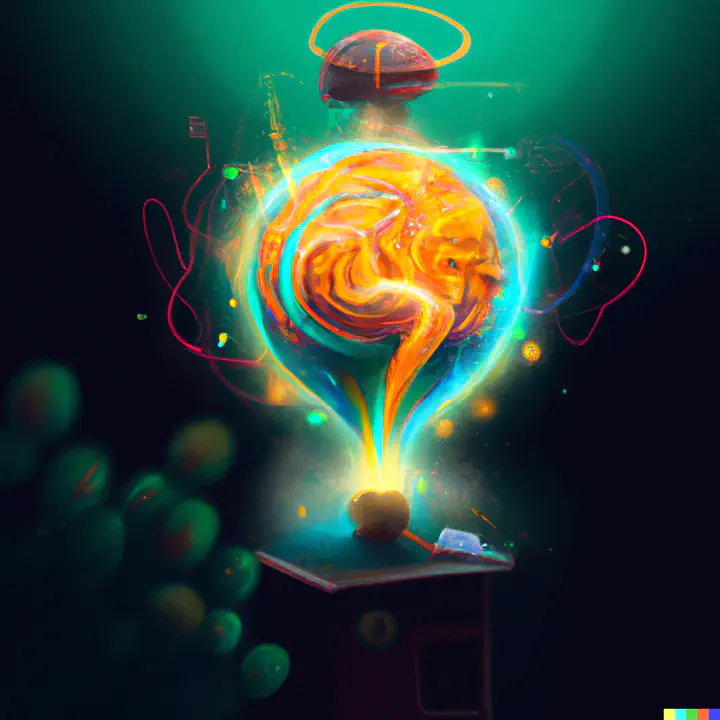 Image created with DALL·E by OpenAI (prompt: a possible explanation that provides scientific understanding, digital art)
Image created with DALL·E by OpenAI (prompt: a possible explanation that provides scientific understanding, digital art)Abstract
In the current debate on the relation between how-possibly explanations (HPEs) and understanding, two seemingly irreconcilable positions have emerged, which either deny or assert HPEs contribution to understanding. We argue, in contrast, that there is substantial room for reconciliation between these positions. First, we show that a shared assumption is unfounded: HPEs can be interpreted as being correct explanations. Second, we argue that what we call the standard account is actually compatible with the claim that HPEs may improve understanding. Our analysis indicates not only that there is room for reconciliation, but also what are the potential, unresolved, disagreements.
Date
November 11, 2022 19:00 — 21:00
Location
Pittsburgh, PA, USA